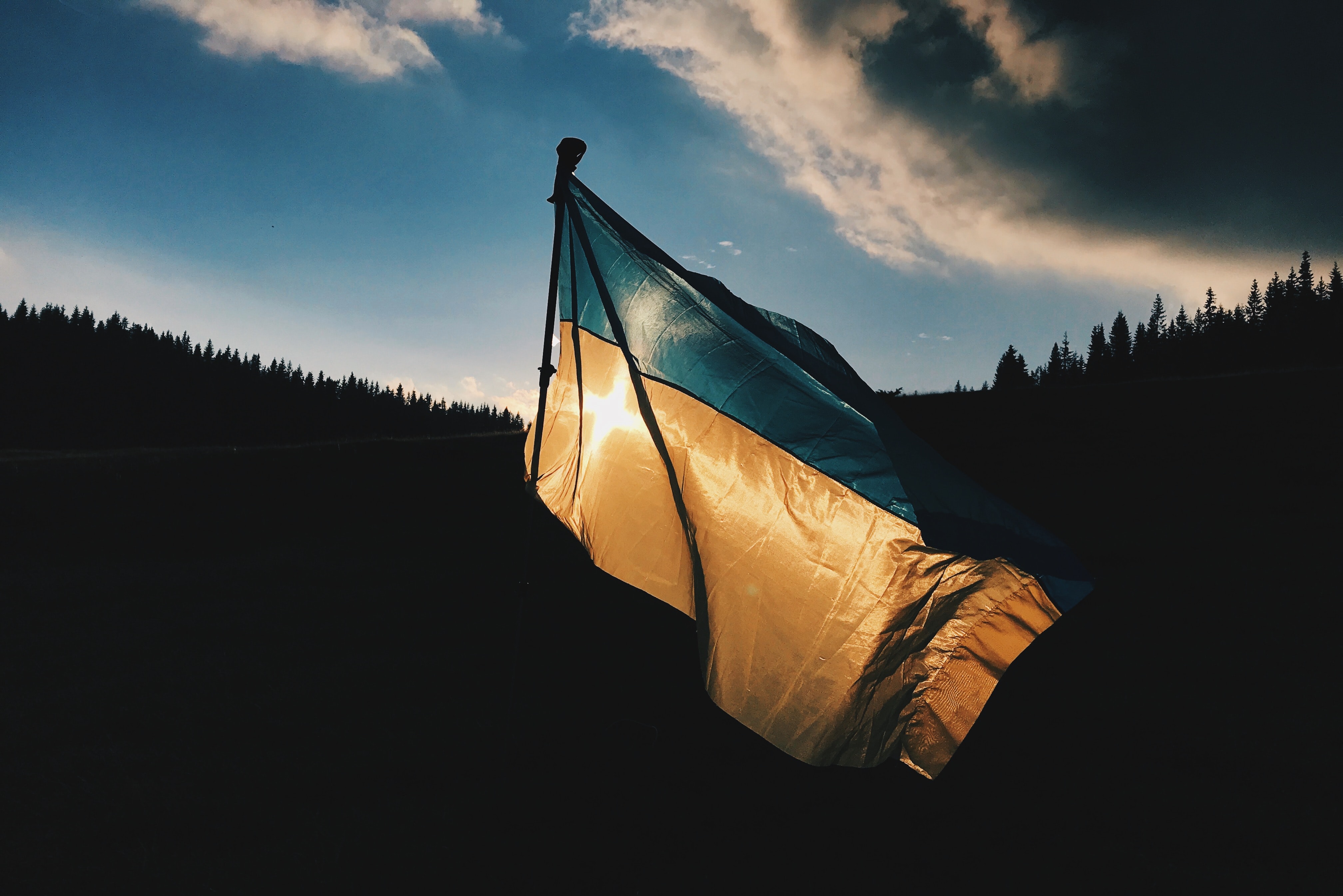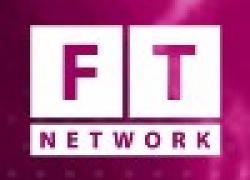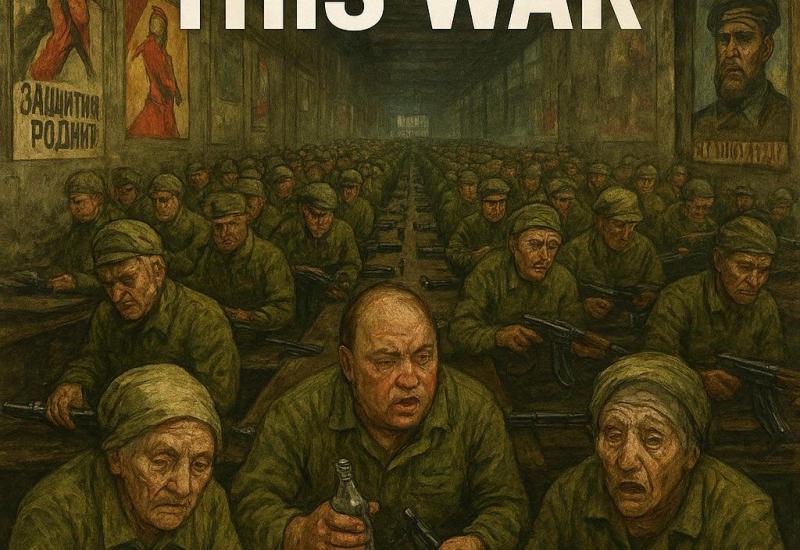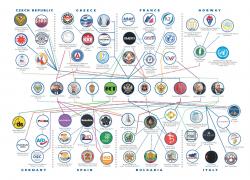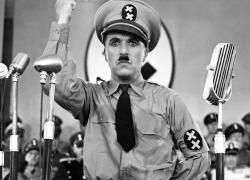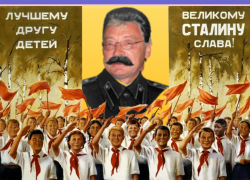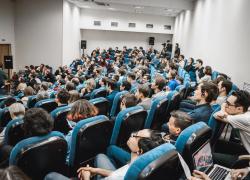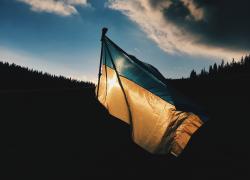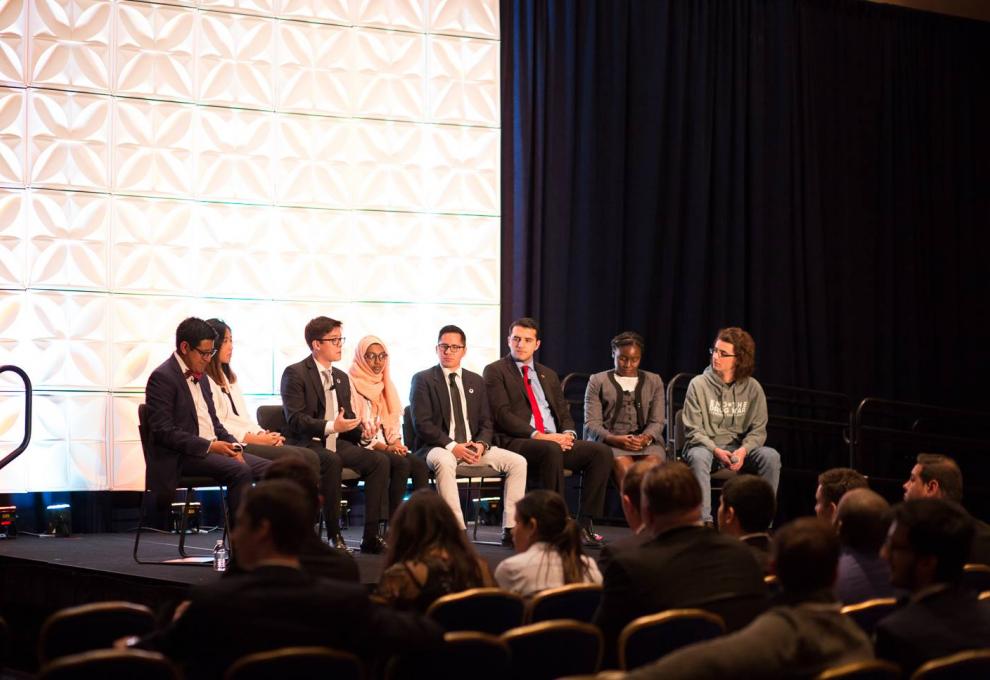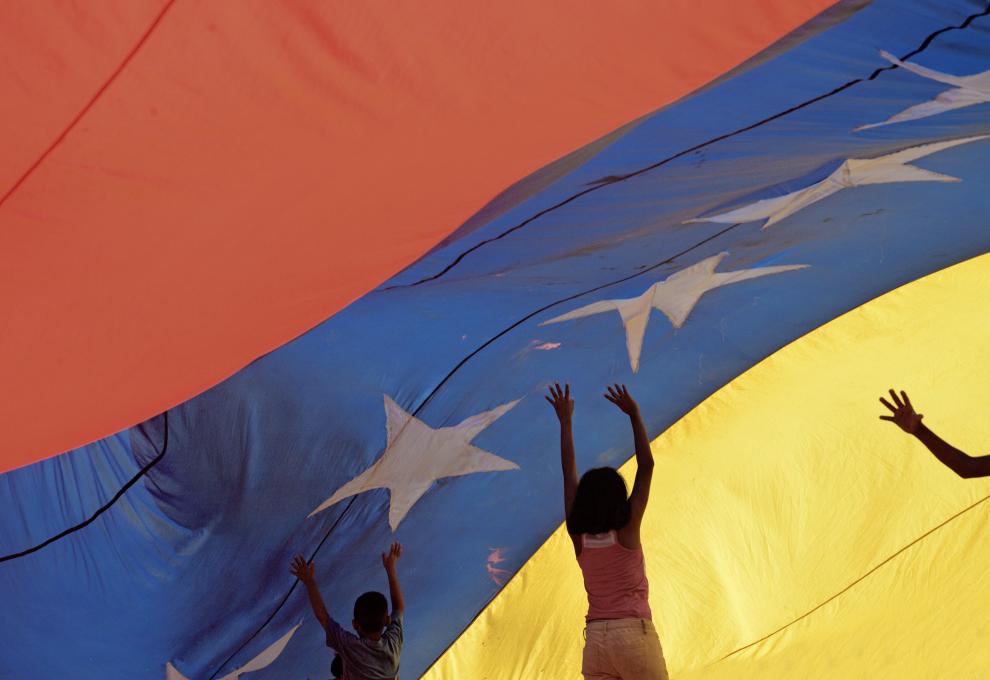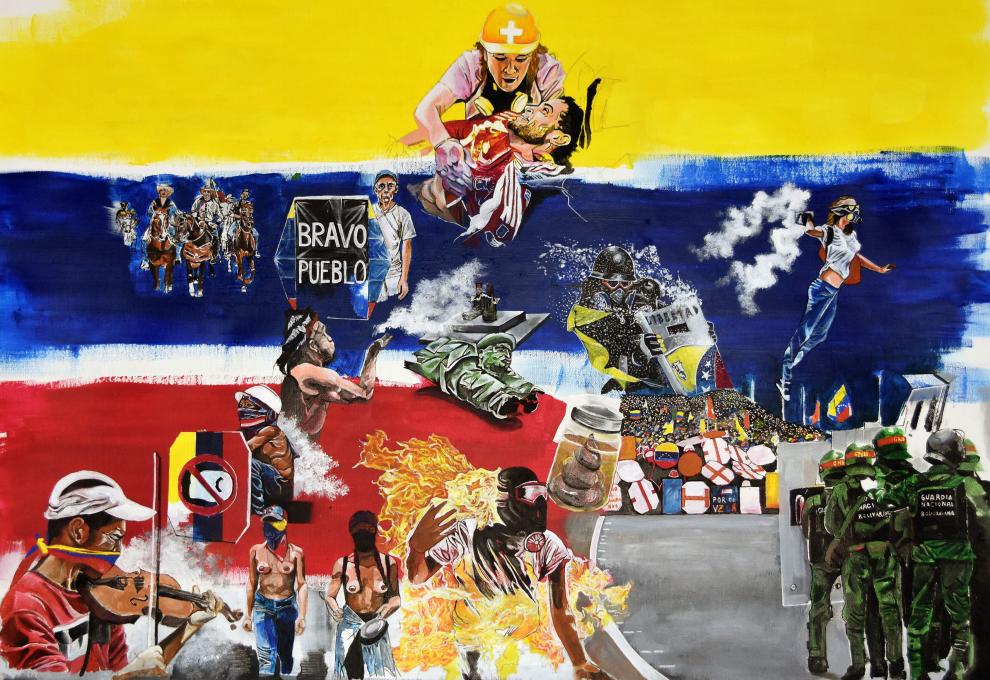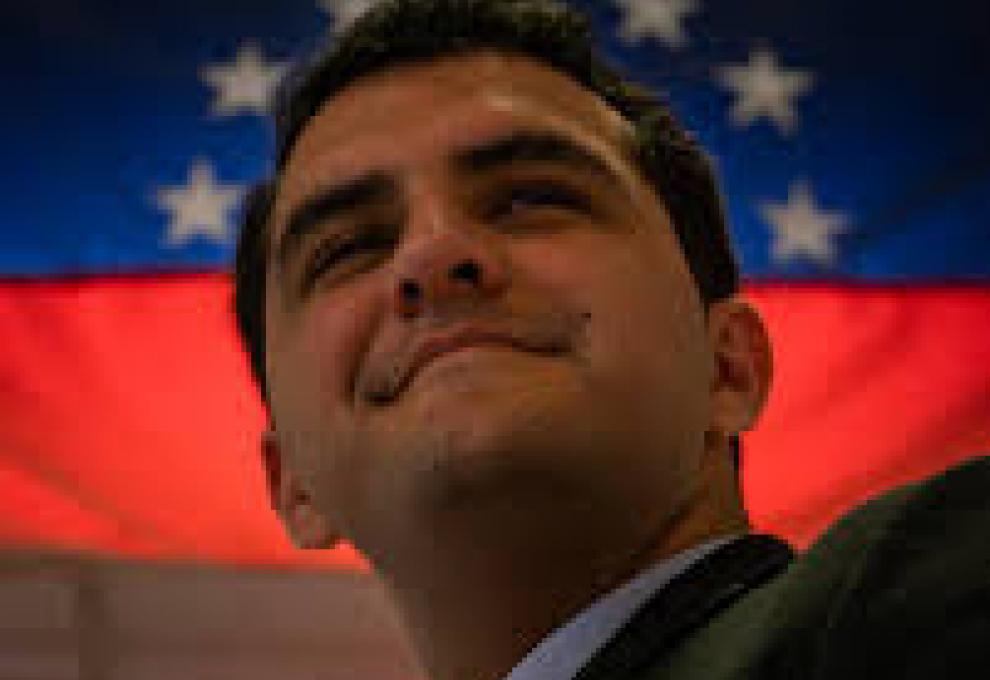SFL Alumni in Ukraine Condemn Russia’s Aggressions
As the situation in Ukraine heats up, SFL alumni Tania Rak and Maria Chaplia raise their voices.
Dear readers,
As the Russian government continues to threaten Ukraine’s sovereignty and the well-being of the Ukrainian people, Students For Liberty alumni from Ukraine raise their voices and speak out about the situation.
Below, you will find quotes from the conversations I had with journalist Tania Rak and researcher Maria Chaplia.
I think it is important to listen to people like Tania and Maria. This way, we can truly understand the realities and perspectives of the Ukrainian people.
As I said the other day to my friend Olga Tokariuk (EFE Correspondent in Kyiv), in situations like this, we need to rely less on “experts” from the west and more on researchers, activists, and journalists from Ukraine – people who really know what’s going on.
Tania Rak, Journalist & PR Specialist
“Russia's main goal is destabilization and a possible military offensive in January-February or early spring 2022. The sentiment may also be preceded by the economic and energy crisis in Ukraine, efforts to complete the certification of the Nord Stream-2 gas pipeline, increased sentiment in the DPR and LPR, and the situation on the Belarusian border, which is becoming a source of instability.”
“While a full-scale invasion is unlikely … we can expect an aggravation of the situation in the eastern regions - that is, the intensification of DPR / LPR groups. The probable overthrow of Russian troops as a disguised strengthening of army corps, tactical breakthroughs, and expansion of lines of contact. The goal is to destabilize the border areas.”
“The intensification of attacks on the eastern regions can be seen as satisfying Russia's interests in destabilizing the situation in specific regions and directing Ukraine on a foreign policy course that will satisfy Russia's interests.”
“In the middle of winter or spring 2022, targeted airstrikes, artillery shelling, a breakthrough by subversive groups of demarcation lines, and the presentation of this as a Ukrainian provocation are possible. Breakthroughs from the Crimea towards Odessa and from Belarus are not excluded either.”
“In conclusion, the spring aggravation is probable, especially against the background of the potential energy crisis, Nord Stream 2 and the Belarusian issue, but it does not pose a threat to Ukraine as a sovereign state.”
“The West's reaction is stereotyped, belated, and insufficient to stop hostile Russian actions. An effective response requires preventive instead of reactive action. There is no need to appeal to Russia as a mediator in resolving the "Ukrainian crisis". Current issues need to be called by their names and reflect the real state of things. Aggression has to be called aggression. The West should stop waiting for Russia to continue its actions, draining the European gas market. For example, instead of suspending Nord Stream 2 certification, to stop the project.”
“[Putin’s three goals are]: maintaining the informational intensity around the situation at the border. For example like in the spring, when there was a massive transfer of troops from Rostov and the international community was expecting an invasion. Ukrainian troops were concentrated around the borders, but no invasion followed, and the situation was commented on as a military exercise; these are levers of pressure on Ukraine to change its foreign policy course in a direction favorable to Russia. Although at the same time, the situation with Ukrainian politics is relatively controllable for Russia - the country has not yet joined NATO or the EU. And the third potential goal is to strengthen pro-Russian movements in the eastern and southern regions. There is also a possibility of contactless warfare at the initial stage - the task of air, missile strikes to damage the Armed Forces of Ukraine and show that Russia can, if desired, attack Ukraine in the same way as once the United States and NATO were bombing Yugoslavia... But at the same time, a Russian blitzkrieg similar to 2014 is hardly possible, especially because of Nord Stream 2. If they start the heavily disguised military operation, this will mean the end of Nord Stream 2, and it plays an important role in Russia's strategy to force Europe to transform, based on Russian visions, not only of Europe's gas market but also of transforming Europe into a resource-obedient satellite of Russia.”
Maria Chaplia, Researcher at Consumer Choice Center
“People are scared that this time Russia might actually attack but also because this threat has been looming for years (since the annexation of Crimea and when the Donbas war broke up), there’s some skepticism about whether Russia will dare to cross the line.”
“Based on the rhetoric in Kremlin, Putin actually wants Ukraine. You can check out his essays where he claims that historically Ukraine is part of Russia and that we are two brotherly nations. And so he sees Russia’s occupation of Crime and parts of Donbas as a liberation of Russian people. Also, Russia was giving away Russian passports to people who live in the occupied territories so that once Ukraine tries to take them back, Russia can fight back on the pretense that it is defending its citizens”
“I personally think that stopping Nord Stream 2 should be a priority but it’s not enough. Should Russia attack, Ukrainians will have to fight this war, and so military help is of great help.”
“Russia is only trying to show the West that Ukraine is its area of foreign influence as it feels talks of EU and NATO membership are dragging Ukraine away from Russia — and again, Putin believes Ukraine should be Russian.”
“I think all Ukrainians have a feeling that eventually, some big invasion will happen - at least while Putin is alive - but no one knows when”
"Ukraine is not the same country that it was in 2014. The country was more divided culture-wise, now it is more united. Moreover, back then, the military was almost non-existent. So, I think the country has a greater capacity to resist Russia now than in 2014."
By Jorge Jraissati
Jorge Jraissati is a Venezuelan economist and freedom advocate. He is the Director of Alumni Programs of Students For Liberty, an NGO advancing the ideas of a free society in over 100 countries. Beyond SFL, Jorge is a research consultant for IESE Business School, an economist from the Wilkes Honors College, and the President of Venezuelan Alliance, a policy group specialized in the Venezuelan humanitarian crisis. Jorge is a weekly columnist at Freedom Today Network.

